Nairobi, Kenya Feb 06 (V7N) — More than 50 years after being forcibly expelled from their homeland, the Chagos islanders remain caught in a diplomatic tug-of-war.
While Britain has agreed to return the Indian Ocean island chain to Mauritius, the process has hit a roadblock: the United States must approve the transition. With Donald Trump back in the White House, that approval may not come anytime soon.
In late 2024, Britain shocked many by agreeing to hand over the Chagos Archipelago to Mauritius, ending decades of legal battles. But Washington’s approval remains key, as the U.S. operates a major military base on Diego Garcia, the largest island in the chain.
While Britain and Mauritius have agreed to let the U.S. keep the base for 99 years, U.S. Secretary of State Marco Rubio recently described the transition as a “serious threat” to American security.
For the 10,000 Chagossians displaced across Mauritius, Seychelles, and Britain, the news is another painful delay in their fight to return home.
“The promise of return is the most beautiful opportunity in the world,” said Pierre Prosper, president of the Chagossian community in Seychelles.
Once forced from their land, many Chagossians still dream of going back to the islands, which Prosper describes as “very similar to the Maldives”—pristine and untouched by development.
Olivier Bancoult, leader of the Chagos Refugee Group, says work has already begun on resettlement plans, including housing, schools, and roads.
“We want to give people the chance to return and spend their last days on Peros Banhos, Salomon, and maybe even Diego Garcia one day,” Bancoult told CNN.
But as of now, only U.S. military personnel and foreign contract workers—including Filipinos, Singaporeans, and Sri Lankans—are allowed on Diego Garcia.
“The ‘sons of the soil’ are still forbidden,” Bancoult said, expressing frustration.
The Chagossians were evicted between 1968 and 1973 after Britain signed a lease allowing the U.S. to build a military base on Diego Garcia.
In 2019, the International Court of Justice (ICJ) ruled that Britain’s separation of Chagos from Mauritius was illegal, and the UN General Assembly voted to demand its return. Britain ignored the resolution, citing Diego Garcia’s strategic importance in combating terrorism, organized crime, and piracy.
Human Rights Watch has called the expulsion a “colonial crime”, pointing to documents that show the U.K. and U.S. secretly planned the forced displacement.
“The racism behind it is stark,” said Clive Baldwin, senior legal advisor at Human Rights Watch. He noted that similar displacements didn’t happen at British bases in Cyprus or the Falklands.
A declassified British government memo even referred to the islanders as “a few Tarzans and Man Fridays”—a phrase Baldwin calls dehumanizing.
Despite the setbacks, Bancoult remains hopeful.
“We cannot decide in place of the Mauritian government,” he said. “The important thing is that there is still an agreement between Britain and Mauritius.”
END/WD/RH/



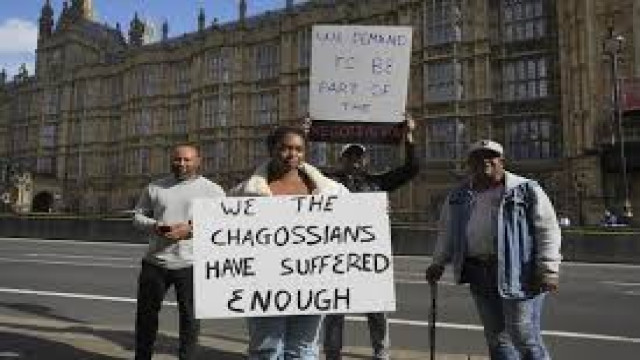

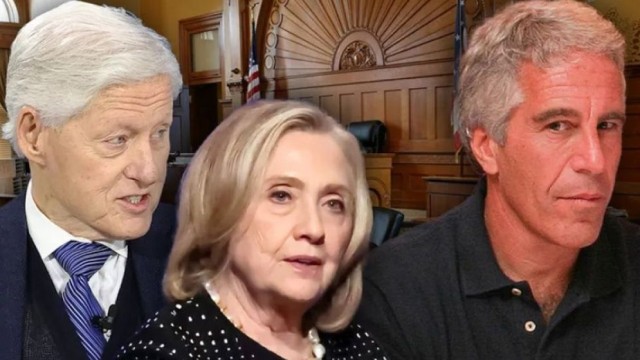
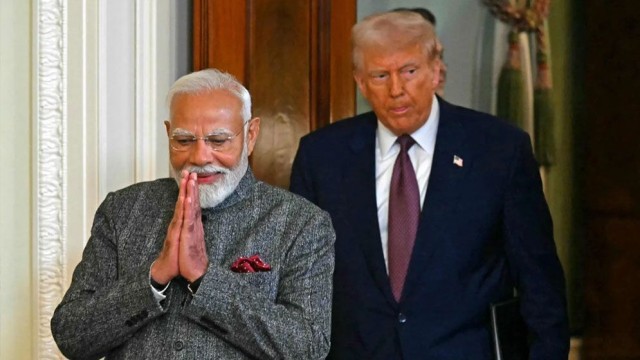


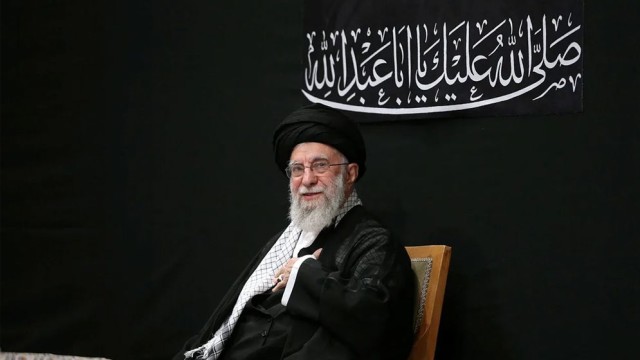

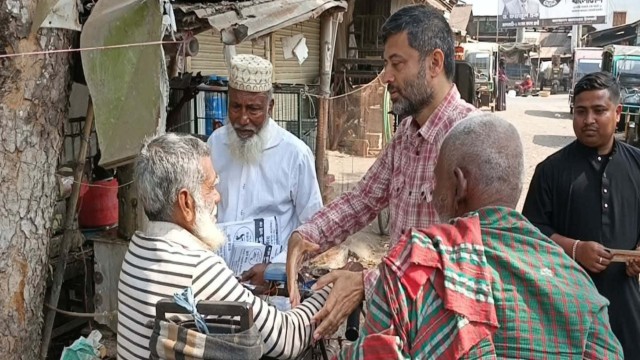
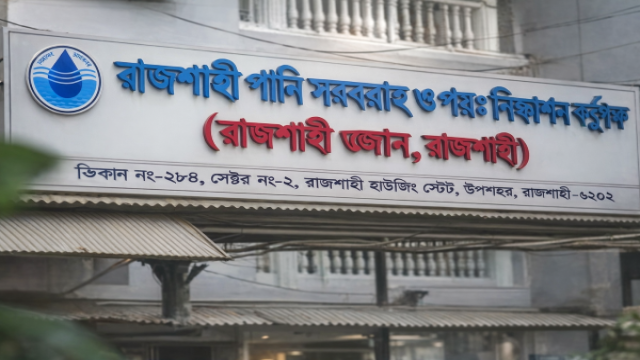
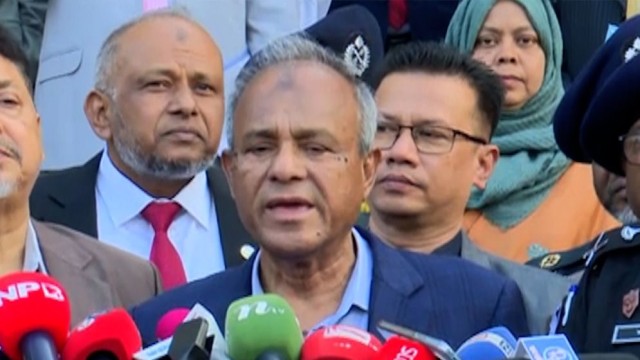
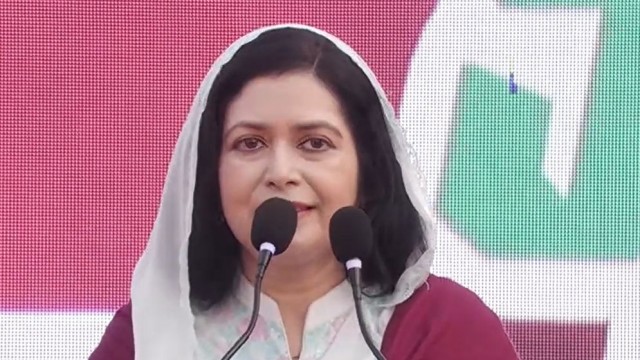
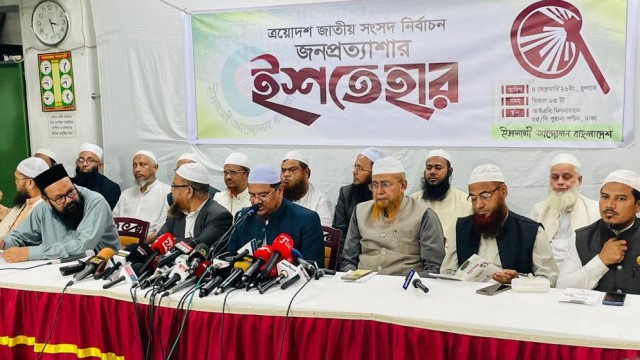

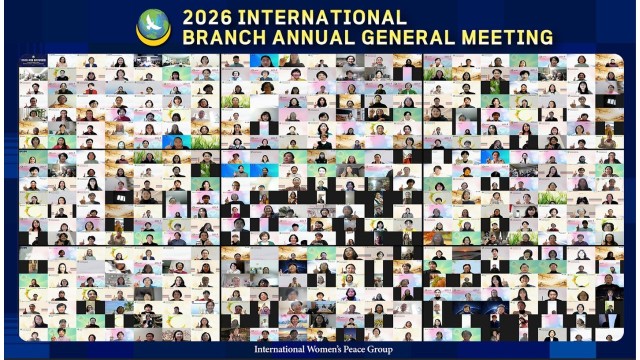
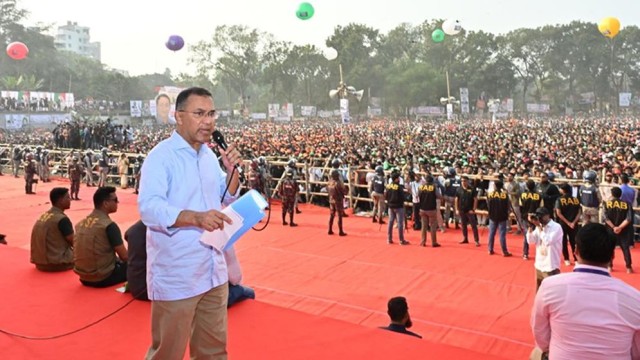
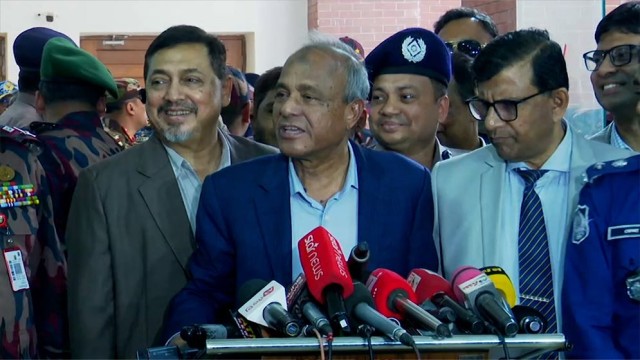











Comment: